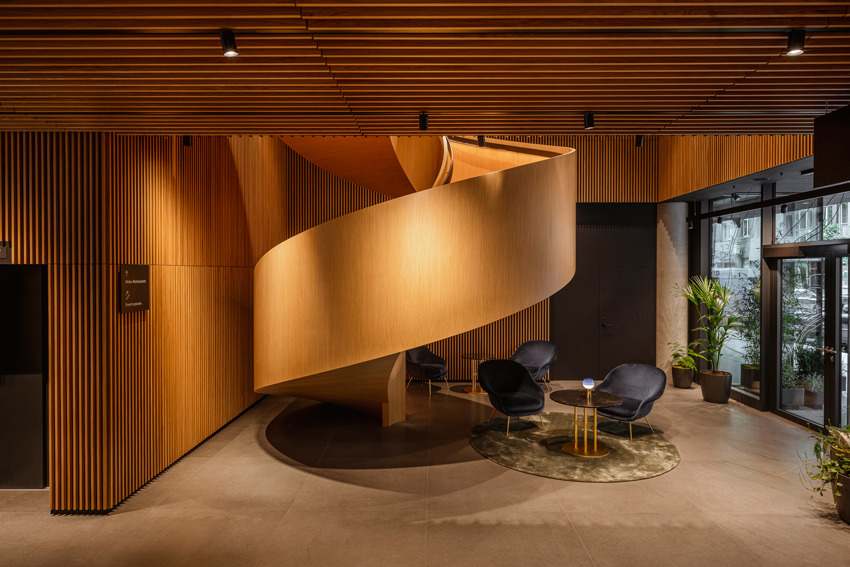Economics and sustainability
Looking at the hotel industry at the moment, a sincere focus on sustainability and overall reduced costs seem to make a noticeable economic difference. Luckily, energy efficiency is often a means to realise both.
Renovations to increase energy efficiency
The building sector is responsible for more than one third of the emissions within the EU and roughly 75% of the building stock is currently energy inefficient. An estimation shows that 85-95% of these buildings will still be standing in 2050, meaning that focusing on energy efficient new-build is not enough, massive renovation efforts are needed in order to reach set energy and climate targets.
Some hotels shut down various operation related systems during the pandemic to save money. Among those were HVAC systems which in turn caused issues with poor air quality, uncomfortable temperatures, unpleasant humidity levels and increased risk of virus spreading. It is of vital importance, for the environment as well as hotel economics, to make sure the ventilation, heating and cooling solutions are brought up to date to minimise operation cost and environmental impact, but to bring customer satisfaction to a maximum.
Read more in our expert's blog

Demand controlled ventilation saves energy
Hotel buildings that are ventilated, heated or cooled as if they were fully occupied at all times waste energy and money at record speed and unnecessary strain is put on the environment. This because in reality, hotels face an almost constant variation in the number of guests and ongoing activities in their premises.
Demand controlled ventilation (DCV) is as implied, a solution for ventilation, heating and cooling that manually or automatically adjust to meet the exact demand at a given time. Simply put, it ventilates, heats and cools neither too much – which costs energy – nor too little – which adversely affects comfort. Our Swegon WISE is a complete solution for demand controlled indoor climates.
To our guide about demand controlled ventilation
Importance of building certifications
Research show that environmental certifications have a positive effect on the market value of major traded hotels. It is also proven that the effect is higher for the first award than the subsequent ones, this until a large number of certifications are held. Then the hotels’ market value seem to raise again.
Certifications such as BREEAM, LEED and WELL are with separate approaches driving development in energy efficiency and cost-savings, human health and well-being in a variety of building applications. It is recognised to be nearly impossible to accomplish an optimal indoor environment, where all of the above are successfully met, without a solution for a demand controlled indoor climate.
Souces: Bernard, S., Nicolau, J L. (2022) Environmental certification and hotel market value
Read more about Swegon as a partner for building cerfitifcation processes
Reference case Nobu Hotel, Warsaw